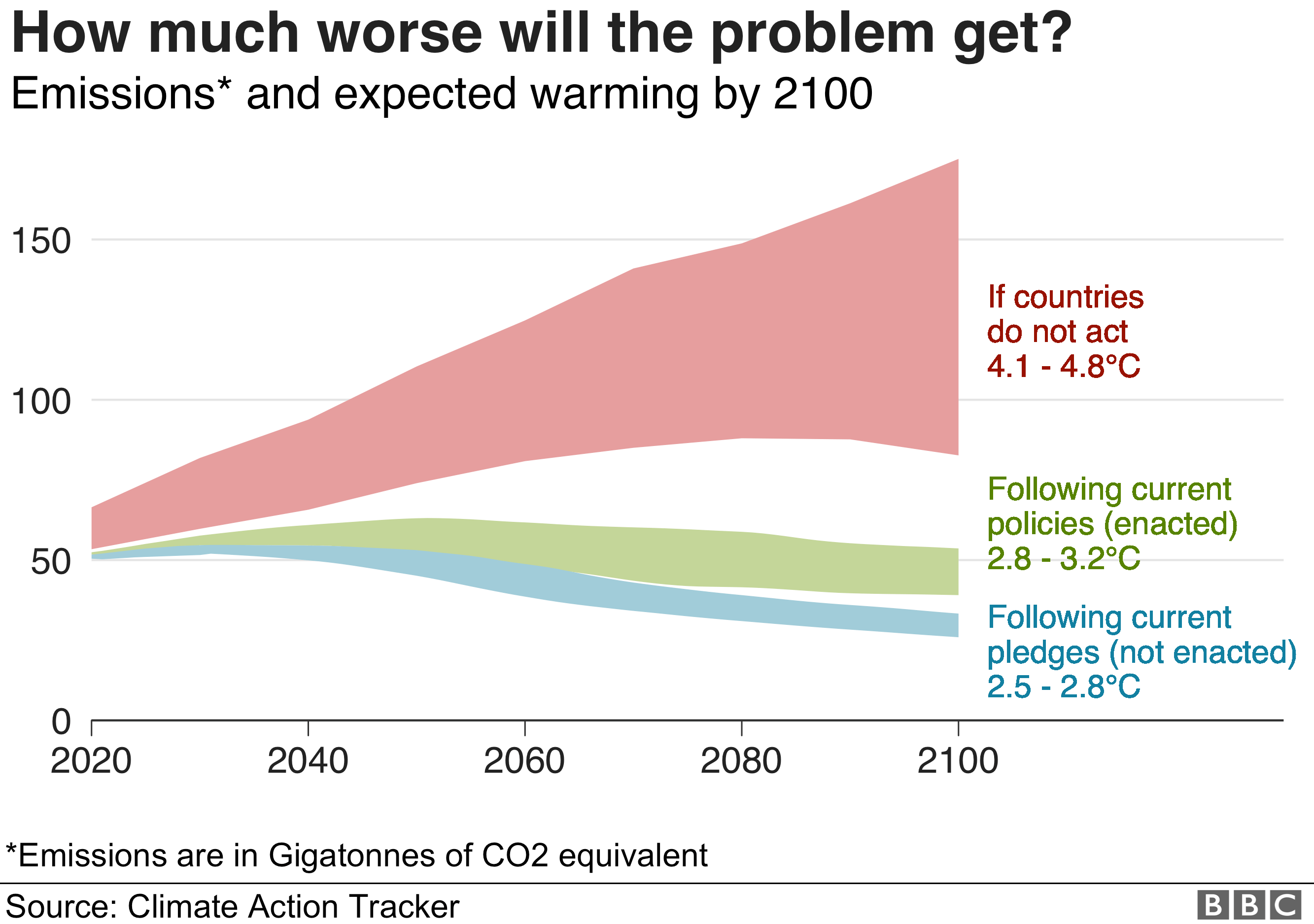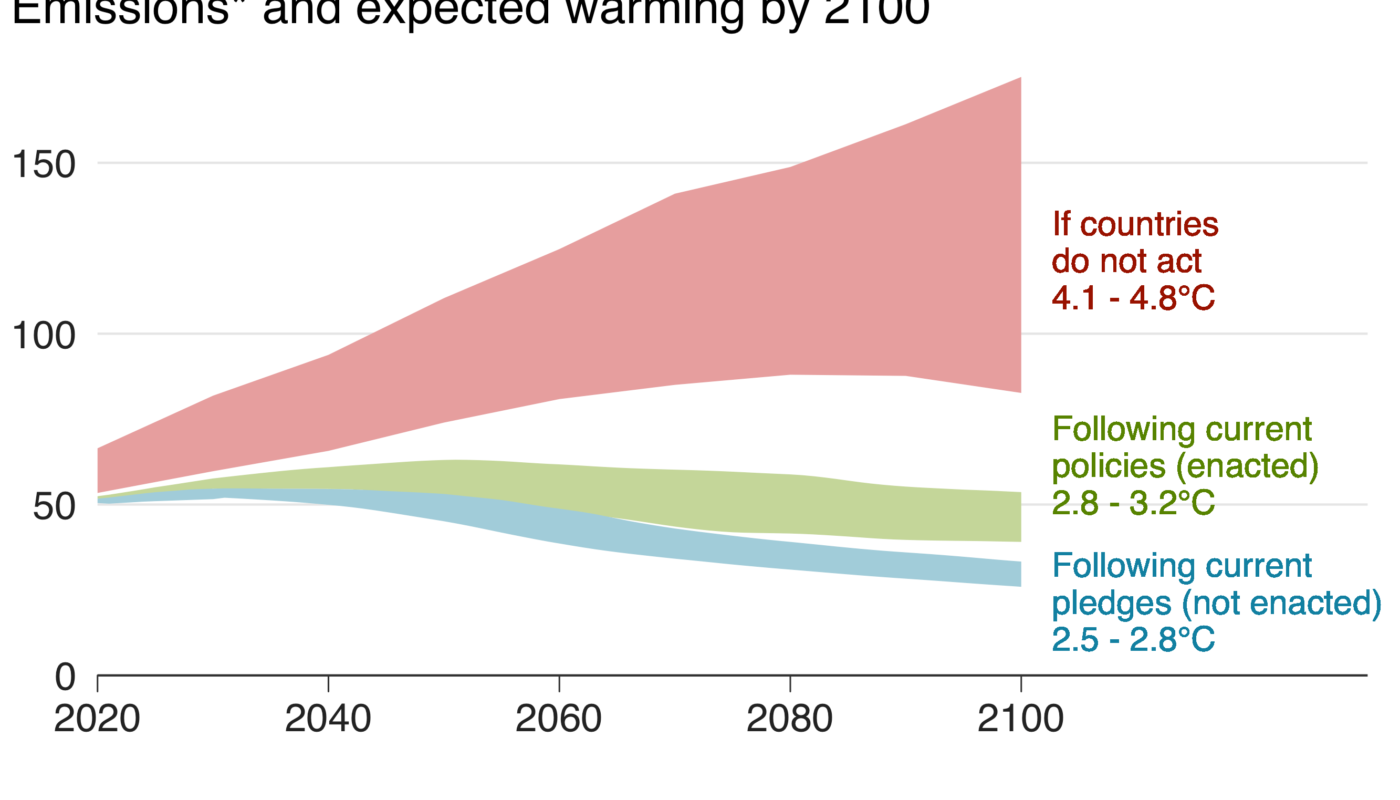
The urgent call for the energy industry to reduce its carbon emissions has gained prominence as Dr. Fatih Birol, Executive Director of the International Energy Agency (IEA), warns of catastrophic climate consequences if immediate actions are not taken. This warning comes amid growing concerns over the accelerating pace of climate change and its potential to trigger severe environmental and economic disruptions.
Dr. Birol emphasized that the energy sector, a major contributor to global greenhouse gas emissions, holds a critical responsibility in the fight against climate change. He highlighted the need for an accelerated transition to cleaner energy sources, increased energy efficiency, and substantial investments in renewable technologies. The IEA’s latest report indicates that global carbon dioxide emissions reached a historic high last year, underscoring the urgency of implementing more stringent measures.
The report identifies several key areas where the energy industry must focus its efforts. These include the decarbonization of power generation, the electrification of transportation, and the reduction of emissions from industrial processes. Dr. Birol stressed that achieving these goals requires unprecedented levels of international cooperation, policy support, and financial investment.
The power sector, responsible for around 40% of global CO2 emissions, is at the forefront of this transformation. Transitioning from coal and other fossil fuels to renewable energy sources like wind, solar, and hydropower is essential. Countries around the world are already making strides in this direction, with significant increases in renewable energy capacity. However, the pace of change needs to be accelerated to meet the targets set by the Paris Agreement.
Electrification of transportation is another crucial aspect of reducing emissions. The shift from internal combustion engines to electric vehicles (EVs) is gaining momentum, supported by technological advancements and falling battery costs. Major automotive manufacturers are investing heavily in EV production, and governments are implementing policies to incentivize their adoption. Despite these positive developments, the global EV market still represents a small fraction of the total vehicle fleet, highlighting the need for further expansion.
Industrial emissions, which account for approximately 30% of global CO2 emissions, pose a significant challenge due to the energy-intensive nature of manufacturing processes. Innovative technologies such as carbon capture, utilization, and storage (CCUS) are being developed to mitigate these emissions. Additionally, improving energy efficiency in industrial operations can play a pivotal role in reducing the sector’s carbon footprint.
The financial sector’s role in supporting the energy transition cannot be overstated. Investment in clean energy technologies is crucial to drive innovation and scale up deployment. Green bonds and sustainable finance initiatives are gaining traction, providing the necessary capital for renewable energy projects and energy efficiency improvements. Financial institutions are increasingly recognizing the risks associated with climate change and are aligning their portfolios with sustainable practices.
Policy frameworks are also vital in guiding the energy transition. Governments need to implement robust regulations and incentives to promote clean energy adoption and penalize high-emission practices. Carbon pricing mechanisms, such as carbon taxes and cap-and-trade systems, can provide economic incentives for reducing emissions. International cooperation, particularly through platforms like the United Nations Framework Convention on Climate Change (UNFCCC), is essential for harmonizing efforts and achieving global climate goals.
Public awareness and engagement play a significant role in driving the energy transition. Consumer demand for sustainable products and services can influence corporate behavior and encourage companies to adopt greener practices. Education and advocacy efforts are crucial in fostering a culture of environmental responsibility and promoting sustainable lifestyles.
The energy industry stands at a crossroads, with the potential to either exacerbate or mitigate the impacts of climate change. The decisions made today will shape the future of our planet, and the urgency of the situation cannot be overstated. Dr. Birol’s call to action serves as a stark reminder of the need for immediate and concerted efforts to reduce carbon emissions and transition to a sustainable energy future.




